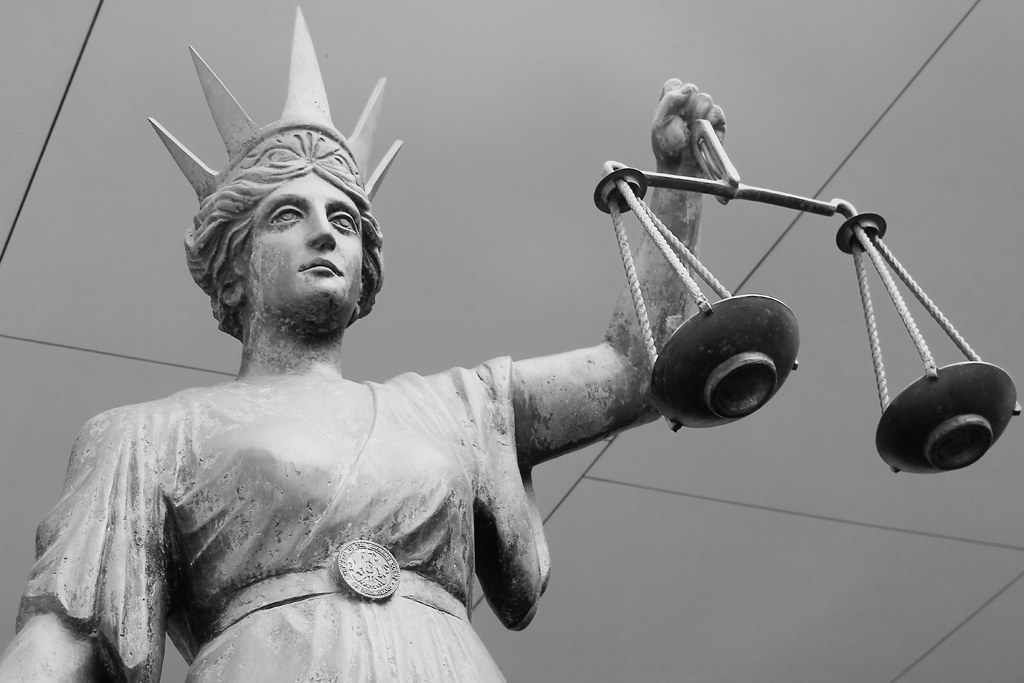Key Takeaways:
- Justice Sonia Sotomayor showed her demanding side during a recent Supreme Court hearing.
- She was reprimanded by Chief Justice John Roberts for interrupting a lawyer.
- Sotomayor has a history of supporting liberal causes and making partisan comments.
- Her actions have sparked debates about judicial neutrality and activism.
Introduction: In a recent Supreme Court hearing, Justice Sonia Sotomayor made headlines with her intense questioning and interruptions. This incident, along with her past activism, has raised questions about her judicial neutrality.
Heated Exchange During Hearing: Justice Sotomayor was at the center of attention due to her assertive questioning during a hearing on federal judges’ authority. She repeatedly interrupted a lawyer representing the Trump administration, prompting Chief Justice John Roberts to intervene. This exchange occurred during a case challenging President Trump’s interpretation of birthright citizenship.
Sotomayor argued against the executive branch’s constitutional authority, suggesting that Trump’s order on birthright citizenship could violate Supreme Court precedents. Her questioning style revealed her strong stance on the issue.
A History of Activism: Justice Sotomayor is known for her liberal views and activism. She has publicly supported causes like abortion rights, encouraging law students to advocate for change. Recently, she spoke at a leftist conference, urging lawyers to stand up for justice, which some saw as a call to action against the Trump administration.
Implications of Her Actions: Sotomayor’s behavior has sparked debate about judicial neutrality. Critics argue that her actions and comments blur the line between judging and activism, potentially undermining the Court’s impartiality. With significant cases approaching, her stance could impact public trust in the judiciary.
Conclusion: Justice Sonia Sotomayor’s recent conduct has reignited discussions about judicial impartiality. As the Court tackles key cases, her approach raises important questions about the role of judges in maintaining political neutrality.
